What to Know About Subchapter V of the Bankruptcy Code
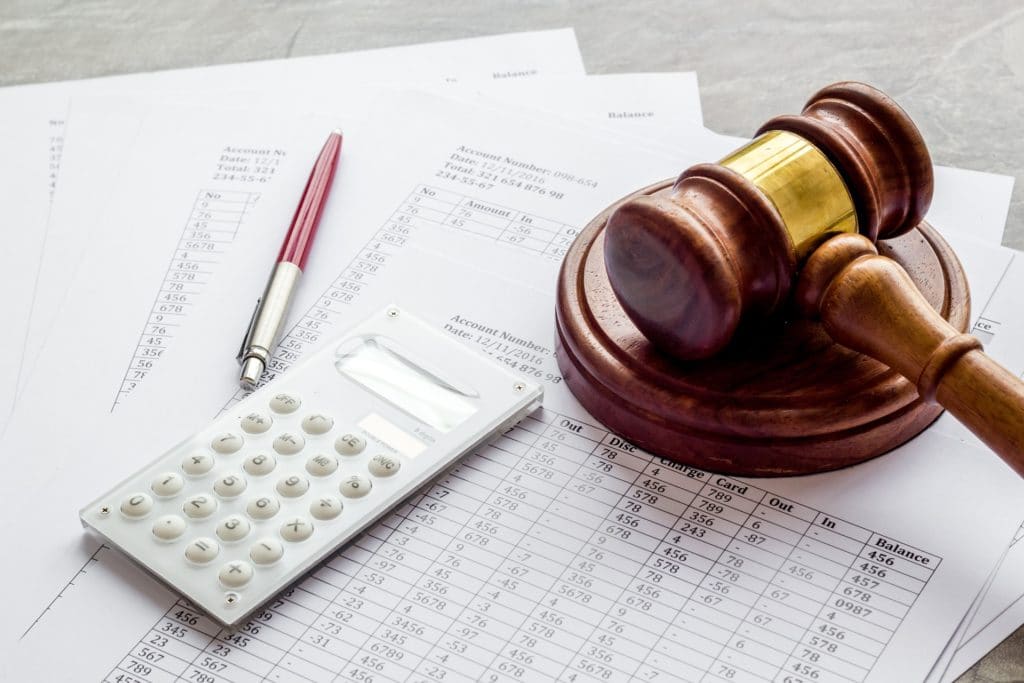
Subchapter V is an evolving portion of the bankruptcy code that helps expedite the process for small business. With the CARES Act coming up for renewal in March, it’s important to know how this code could come into play for certain-sized companies looking at a Chapter 11 filing.
How to Know if Chapter 13 Bankruptcy is Right For You
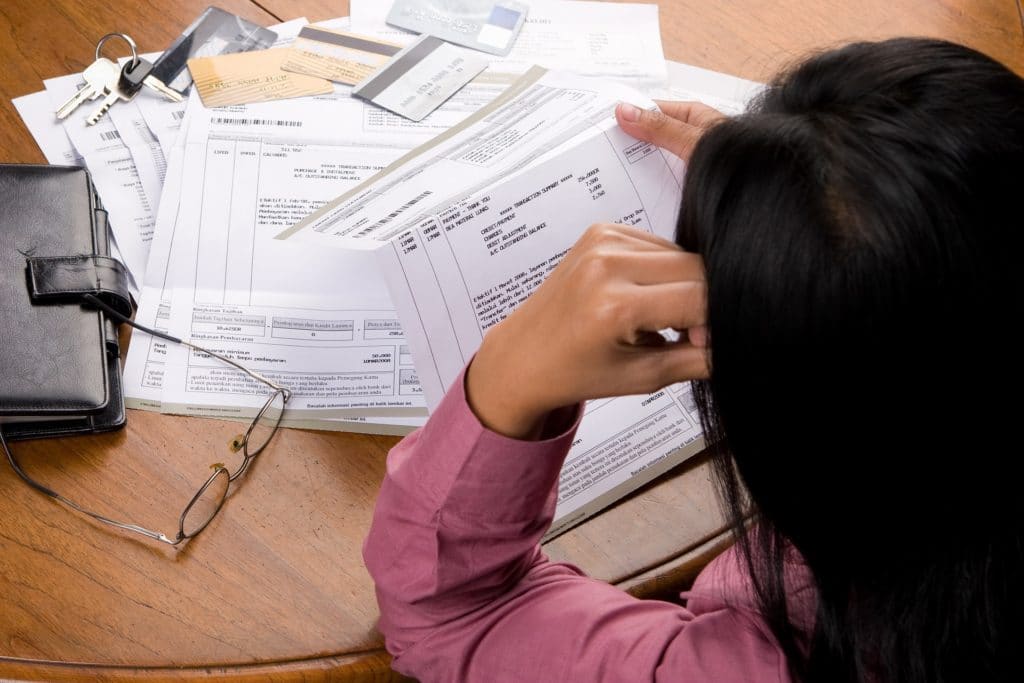
Chapter 13 Bankruptcy can be a viable solution for those looking to restructure personal debt while keeping their home, automobile or other important property. However, it’s important to consider the broader ramifications before filing the petition. Speaking with a qualified bankruptcy attorney can help you make the right decision.
Student Loans Before, During and After Bankruptcy
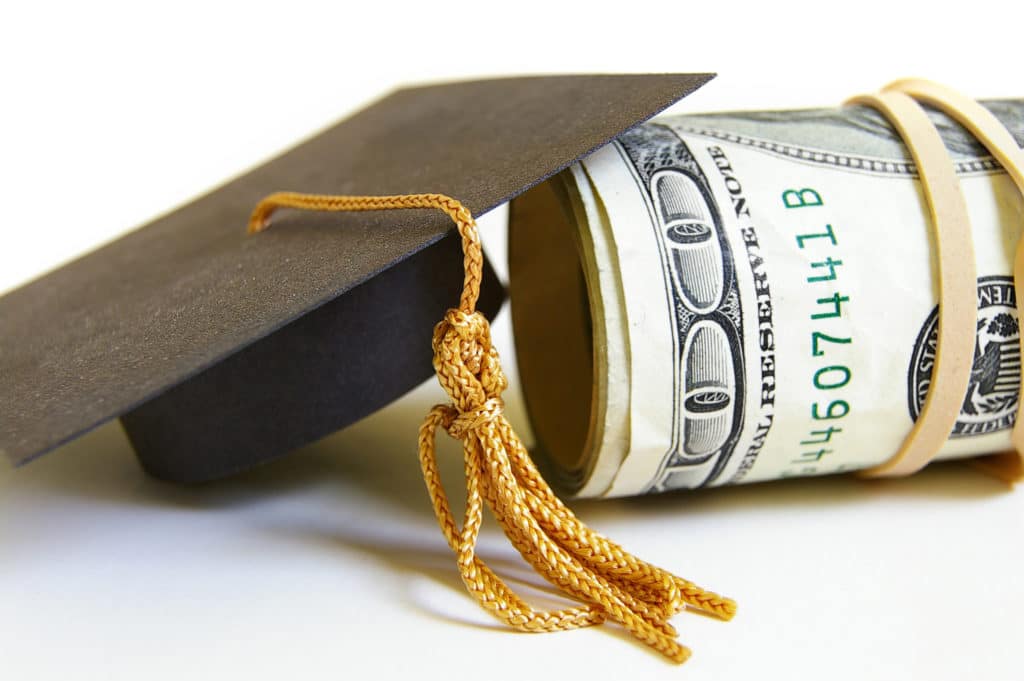
Student loan balances are a growing problem and forcing many to turn to personal bankruptcy as an option. However, it’s important to understand that in most cases, student loan balances will not be forgiven in bankruptcy.
What Happens To Credit Cards in Chapter 13 Bankruptcy
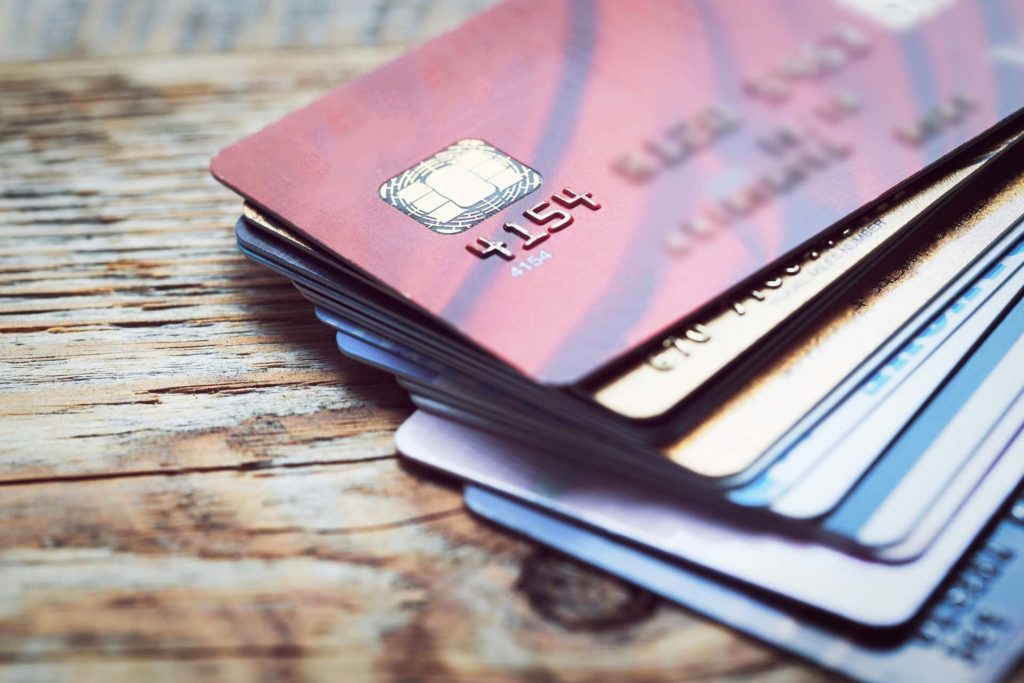
Chapter 13 bankruptcy is often a route for those who find themselves buried under credit card debt. Since credit cards are often a low priority on the repayment schedule, much of this debt can be discharged. However, if credit card debt is your primary debt, it may require partial repayment.
How to Rebuild Credit After Chapter 13 Discharge
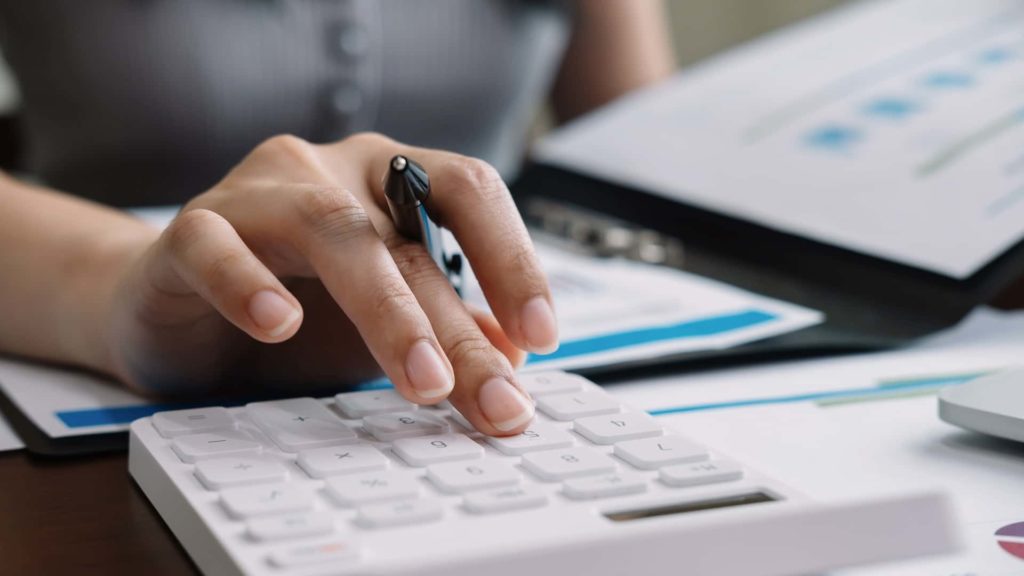
Rebuilding credit after a Chapter 13 bankruptcy isn’t impossible, but it is difficult. You’re going to want to understand all of the tenets that go into a credit rebuild before formalizing your own filing. A qualified bankruptcy attorney can help.
How To Keep Your Home Through a Bankruptcy
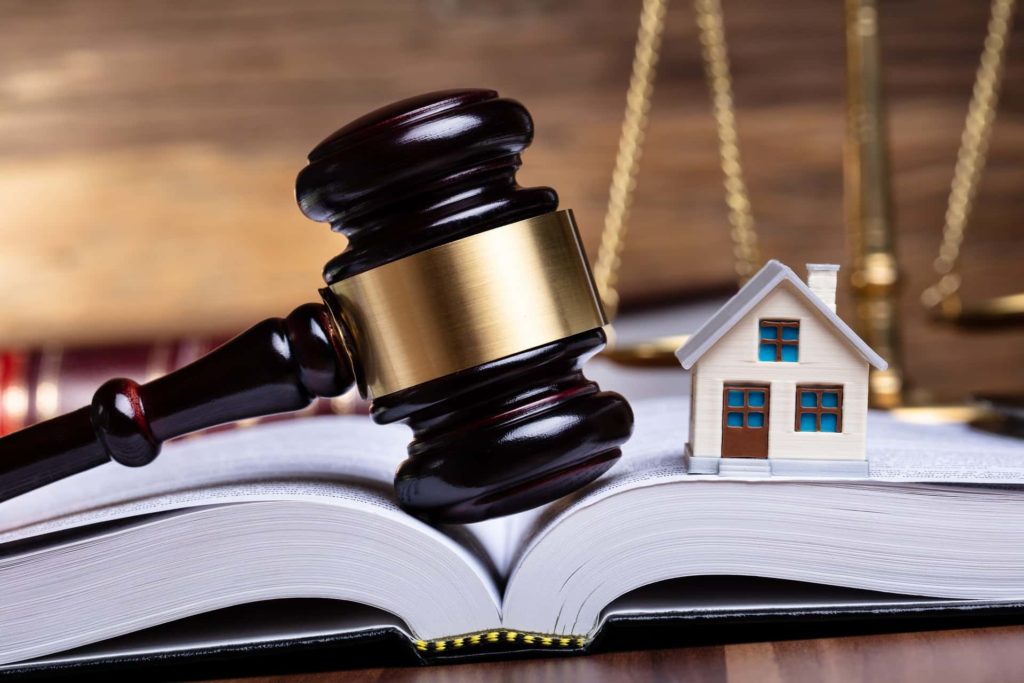
There are ways to keep your home through a bankruptcy, but they need to be done within the guidance of a qualified bankruptcy attorney. There are routes for home protection through Chapter 7 or Chapter 13, but both need to be done with great care.
What Happens When a Small Business Files for Chapter 7 Bankruptcy?
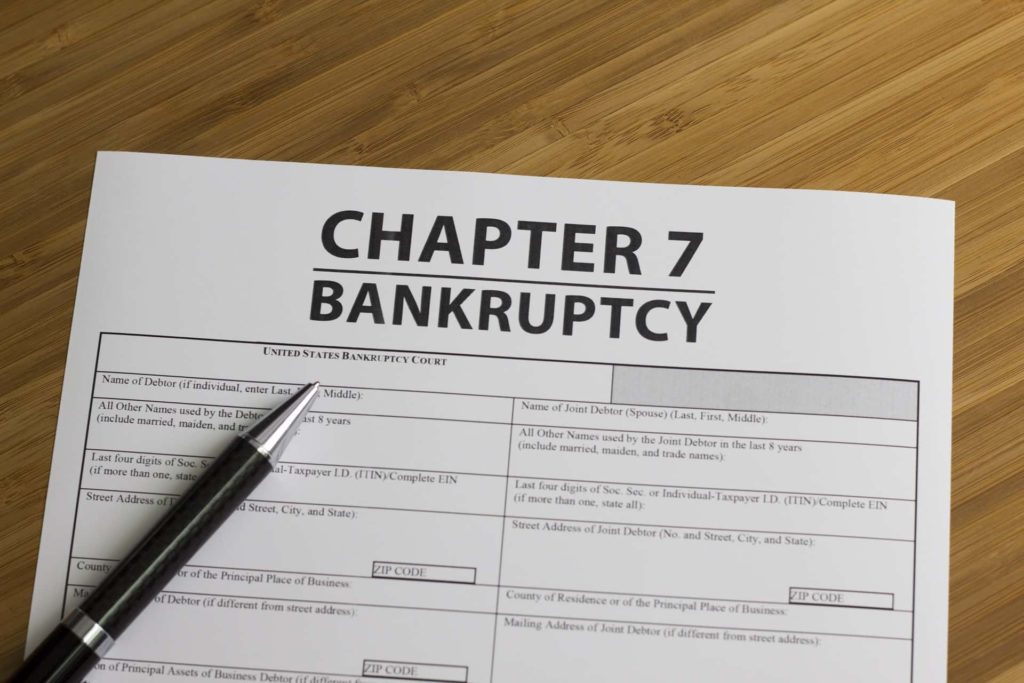
Chapter 7 bankruptcy can affect small businesses in radically different ways. Especially if the owner has a personal guarantee in the company’s debt, then the filing could trigger the pursuit of said person’s personal assets.
What Happens When a Business Files for Chapter 11 Bankruptcy?
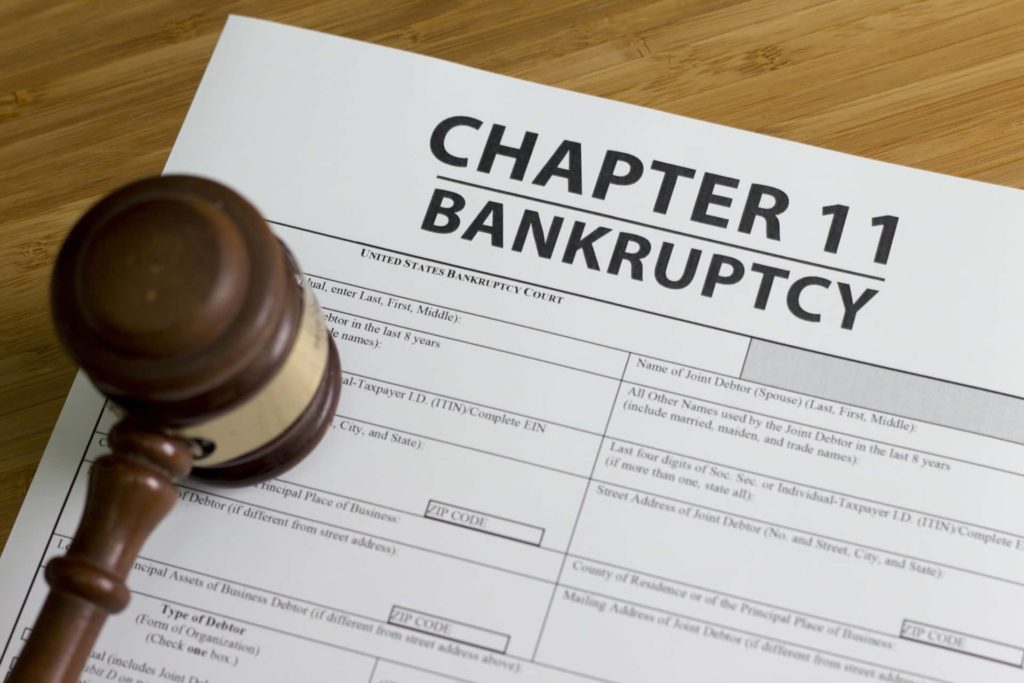
Although Chapter 11 bankruptcy offers significant protections for struggling businesses, the resulting reorganization may not be worth the time, effort and money involved. It’s important to understand what actually happens through the filing to make sure it’s right for you and your business.
What Happens After Filing for Personal Bankruptcy?
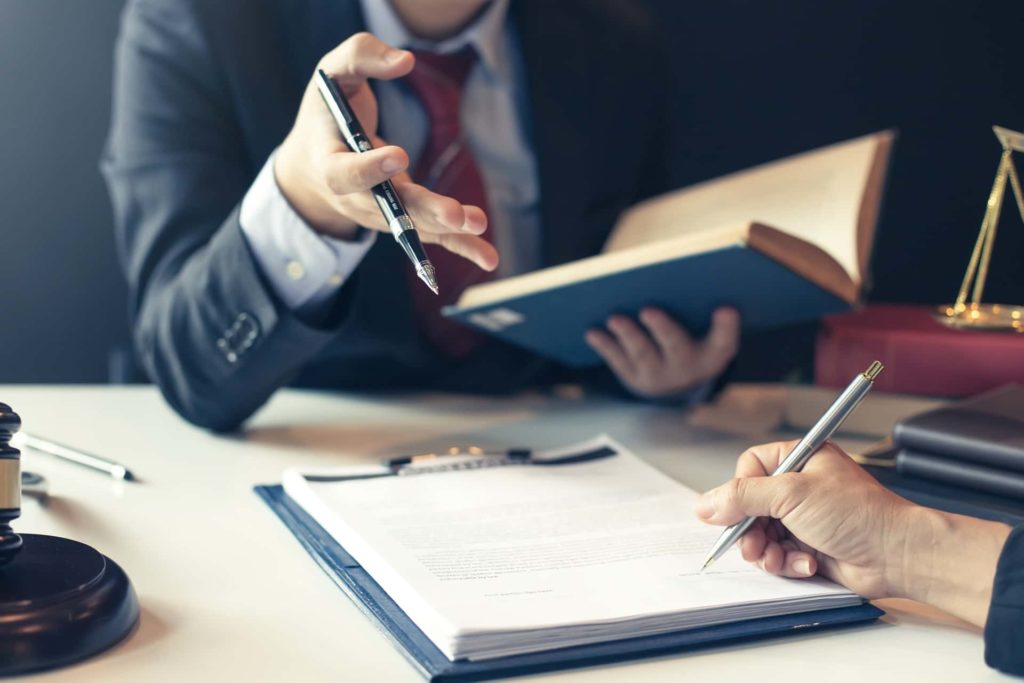
After filing for personal bankruptcy, you’ll be granted the protection of the automatic stay. From there, the court will assign your case a trustee and that person will organize a Meeting of Creditors to alert them of your filing.
Rebuilding Personal Credit After Personal Bankruptcy
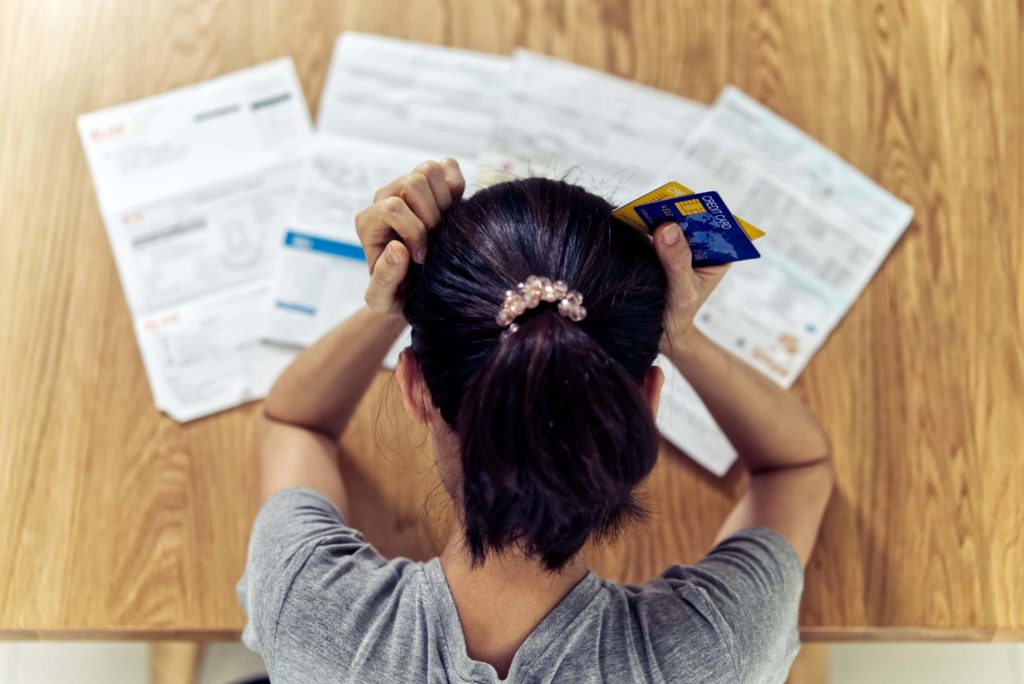
Personal bankruptcy affects an individual’s credit score in a variety of ways. However hopeless it may seem, there are responsible ways to begin building credit again almost immediately. Most importantly, stay on time and consistent with any and all repayments.


